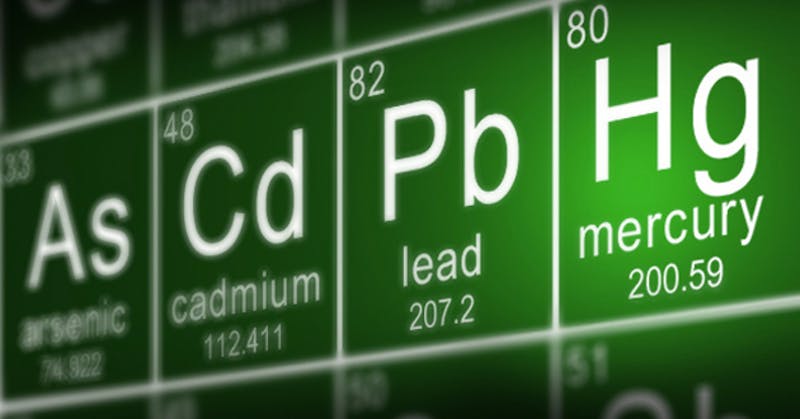EFSA Report on Multi-Element Analysis in Supplements
The European Food Safety Authority (EFSA) has issued reports that have significantly impacted the dietary supplement industry. One such report is focused on multi-element analysis, specifically within dietary supplements. This service involves a comprehensive examination of multiple elements present in these supplements to ensure they are safe for human consumption.
Dietary supplements are popular among consumers seeking additional nutrients beyond those found in their regular diet. However, the presence of heavy metals and other toxic elements can pose serious health risks if not adequately controlled. EFSA's report provides a robust framework for assessing these elements to ensure that they do not exceed safe levels as defined by international standards.
The analysis typically includes elements such as arsenic (As), cadmium (Cd), lead (Pb), and mercury (Hg). These elements are often found in trace amounts but can become harmful when present at higher concentrations. The report outlines the methodologies used for detecting these elements, including atomic absorption spectroscopy (AAS) and inductively coupled plasma mass spectrometry (ICP-MS).
The testing process begins with proper sample preparation to ensure accurate results. This may involve dissolution techniques followed by filtration or centrifugation steps depending on the matrix of the supplement being tested. Following this, the samples are analyzed using advanced analytical instruments capable of detecting even minute quantities of elements.
Once the analysis is complete, detailed reports are generated outlining the presence and concentration levels of each element detected. These reports serve as crucial tools for manufacturers to understand the composition of their products and make necessary adjustments if needed. They also provide assurance to consumers about the quality and safety of the supplements they purchase.
It's important to note that compliance with EU regulations is essential, particularly Directive 2002/72/EC which mandates labeling requirements for dietary supplements containing certain heavy metals. By adhering to this directive and conducting thorough testing as per EFSA guidelines, companies can ensure they remain compliant while maintaining consumer trust.
The findings from these reports contribute significantly towards environmental sustainability by promoting responsible production practices that minimize the introduction of harmful substances into our ecosystem. Furthermore, they play a key role in enhancing market competitiveness through improved product quality and safety standards.
Environmental and Sustainability Contributions
- Reduction of Pollution: Ensuring that dietary supplements do not contain excessive levels of heavy metals helps prevent pollution from entering water bodies or soil where these elements could accumulate over time.
- Sustainable Resource Use: By identifying and controlling the presence of harmful elements, resources used in supplement manufacturing can be utilized more efficiently without compromising environmental integrity.
Eurolab Advantages
At Eurolab, we pride ourselves on offering unparalleled expertise and state-of-the-art facilities for performing EFSA-compliant multi-element analysis in dietary supplements. Our team of highly skilled scientists uses cutting-edge technology to deliver precise and reliable results.
We employ rigorous quality control measures throughout every stage of the testing process, from sample receipt to final report generation. This ensures that our clients receive accurate data they can trust. Additionally, we offer quick turnaround times without compromising on accuracy or depth of analysis.
Our comprehensive understanding of both EU regulations and international standards enables us to provide tailored solutions for different types of dietary supplements. Whether you're dealing with vitamin pills, protein powders, or other forms of supplementation, Eurolab has the experience needed to meet your specific requirements.
Environmental and Sustainability Contributions
- Minimization of Harmful Substances: By identifying and mitigating the presence of harmful elements in dietary supplements, Eurolab helps reduce their release into the environment.
- Promotion of Responsible Manufacturing Practices: Our services encourage manufacturers to adopt sustainable practices that minimize waste generation during production processes.
Competitive Advantage and Market Impact
- Informed Decision Making: With access to accurate analytical data, manufacturers can make informed decisions regarding formulation adjustments and sourcing strategies.
- Enhanced Consumer Trust: Providing transparent information about product safety fosters trust among consumers, leading to increased brand loyalty and sales.





